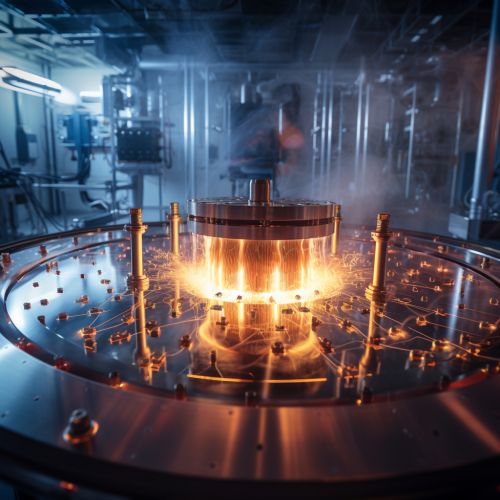John Robert Schrieffer
Early Life and Education
John Robert Schrieffer was born on May 31, 1931, in Oak Park, Illinois. He showed an early interest in physics, which would later become his field of expertise. Schrieffer attended Eustis High School in Florida and later enrolled at the Massachusetts Institute of Technology (MIT) in 1949.


At MIT, Schrieffer began his studies in electrical engineering but soon switched to physics. He completed his Bachelor of Science degree in 1953. He then moved to the University of Illinois at Urbana-Champaign, where he pursued his doctoral studies under the guidance of John Bardeen, a renowned physicist and Nobel laureate.
Career and Research
Schrieffer began his career as a research associate at the University of Illinois. He worked closely with Bardeen and another physicist, Leon Cooper. Together, they developed the BCS theory in 1957, which explains how electrical resistance in certain materials disappears at very low temperatures. This phenomenon, known as superconductivity, had puzzled scientists for decades.
In 1957, Schrieffer took up a position as an assistant professor at the University of Chicago. He continued his research on superconductivity and made significant contributions to the field. In 1960, he moved to the University of Pennsylvania, where he became the Mary Amanda Wood Professor of Physics.
Schrieffer's work on the BCS theory earned him, along with Bardeen and Cooper, the Nobel Prize in Physics in 1972. The trio's work has had a profound impact on the field of condensed matter physics and has paved the way for advancements in technology, such as magnetic resonance imaging (MRI) and quantum computing.


In 1980, Schrieffer accepted a position at the University of California, Santa Barbara, where he served as a professor and later as the Chancellor's Professor of Physics. He retired in 2006.
Personal Life and Legacy
Schrieffer married Anne Grete in 1959, and the couple had three children. He was known for his dedication to his work and his passion for teaching. Schrieffer passed away on July 27, 2019, leaving behind a legacy of scientific discovery and innovation.
Schrieffer's work on the BCS theory has had a lasting impact on the field of physics. His contributions to the understanding of superconductivity have opened up new avenues of research and have had far-reaching implications in various fields, from medicine to technology.
